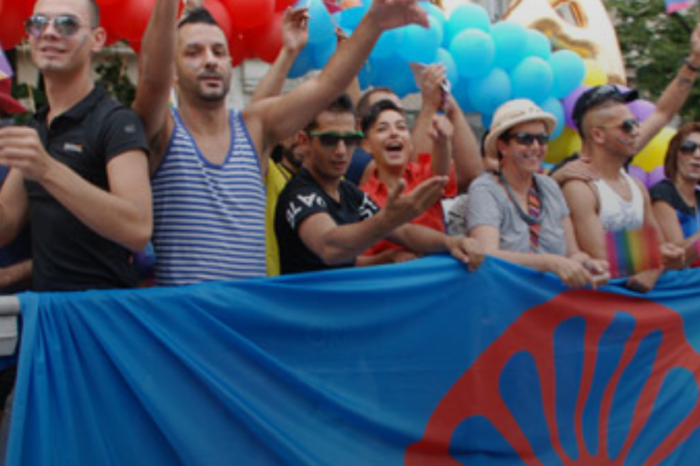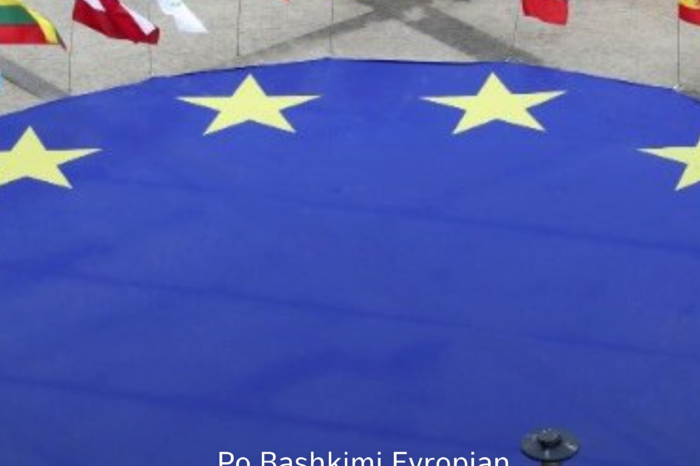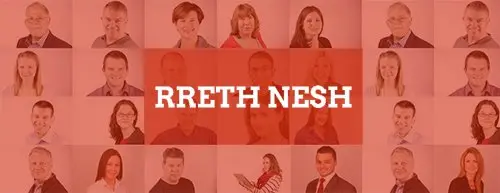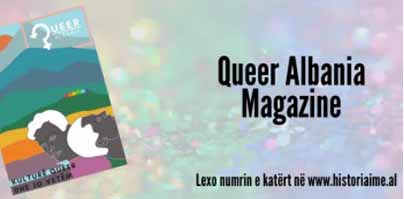ILGA Europe and ERA recently issued the latest enlargement review, a report drafted in collaboration with partner NGOs from Albania, Bosnia and Herzegovina, Montenegro, North Macedonia, Kosovo, Serbia, and Turkey.
The report aims to assess the situation of the LGBTI+ community in these countries and their progress in terms of providing for the LGBTI+ communities, in light of their efforts to become members of the European Union.
The Covid-19 pandemic and the economic crisis that followed have worsened the general living conditions of LGBTI+ people in all countries of the region.
The economic situation has left organisations depleted in terms of human resources and finances, as they couldn’t found direct assistance efforts for the most vulnerable community members. Even the funding which was specifically dedicated by donors for the Covid-19 response has not been possible to use for service provision and support.
2020 saw the LGBTI community being heavily impacted by the COVID-19 pandemic, with state support services failing to reach the most vulnerable LGBTI people.
One of the main issues, which continue to impact the lives of hundreds LGBTI+ people in need, is the lack of implementation of laws which are currently in place.
The report stresses that: “..the lived reality for LGBTI people is still starkly different to the legal protections which exist on paper. Implementation of existing legislation remains a prominent issue, while hate crime and hate speech against LGBTI people remains widespread.”
Regarding Albania, the number of cases of discrimination and violence has significantly increased since the onset of the COVID-19 pandemic, due to lockdowns, curfews, and lack of access to support services and community
resources.
Based on data from the survey carried out by Aleanca LGBT, one in two LGBTI+ people in Albania have experienced psychological violence and bullying and one in five have been sexually harassed.
The survey documented 33 cases of physical violence and 16 cases of rape, while 25 people from the community have been blackmailed because of their sexual orientation or gender identity. 16 LGBTI+ people were fired from their jobs.
Only 7% of the incidents have been reported to the authorities, bringing once again to attenion the low level of trust that LGBTI+ people have in public institutions, mostly due to lack of mechanisms in place which would ensure them full anonymity and protection, without being subject of discrimination or intimidation.
Most LGBTI people still have difficulties in accessing the justice system in Albania. The only way to ensure action and protection from the police is to go to the station accompanied by a member of one of the LGBTI NGOs.
Nearly 72% of community members in Albania stated in a study conducted by the Shelter that they have suffered from bullying in school due to their sexual orientation or gender identity, while other data shows that they are one of the most targeted groups by hate speech in online media.
Pro-LGBT’s study found that LGBTI people were the third most targeted group in hateful online posts.
Most of these were comments, even when the original post was unrelated to LGBTI people. As in previous years, many LGBTI+ people still see immigration as a solution. OMSA has reported an increasing number of LGBTI people (especially youth) asking for help to leave Albania and seek asylum in EU countries.
The transgender community, continues to face even more challenges than other members of the community, as trans people have continued to report a lack of access to basic trans-specific healthcare services.
To date, there is no specialized doctor in Albania that could assist transgender people with hormonal therapy, or other needs-based services, as there is also a lack of laws in place that could ensure a healthy transition for transgender people.
At the same time, trans people are being discriminated against in accessing the rental market, in the prison system (which assigns them to wards based on the gender assigned at birth), and also at schools, where due to bullying, many transgender youth has to drop out of school before graduating from high-school.
On a positive note, the Albanian Parliament amended the anti-discrimination law to include sex characteristics and HIV status as protected grounds. Another positive development was the nationwide ban of conversion therapies by the Albanian Order of Psychologists.
You can read the full report with recommendations in the link below:













